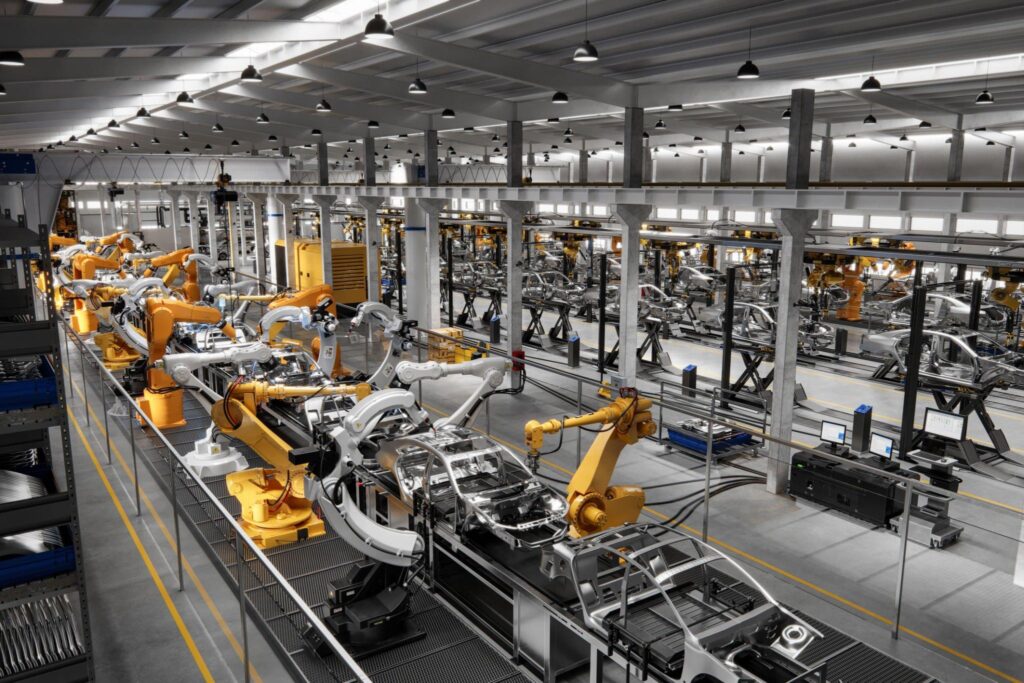In the fast-paced world of manufacturing, staying competitive is essential. To keep up with the demands of the market, Malaysian industries are increasingly turning to factory automation systems. These sophisticated systems offer numerous benefits, streamline operations, and enhance productivity. In this article, we will explore the factory automation systems with Xyreon Malaysia, shedding light on how they can revolutionize Malaysian industries.
The Importance of Factory Automation Systems
Factory automation systems play a crucial role in the modern manufacturing landscape. By incorporating advanced technologies and robotics, they enable industries to streamline their processes, minimize errors, and enhance overall efficiency. In Malaysia, where competitiveness is paramount, adopting automation systems becomes even more vital.
The Usage of Factory Automation Systems
Factory automation systems are versatile and can be implemented across various industries in Malaysia. They find applications in automotive, electronics, pharmaceuticals, food processing, and more. From assembly lines to packaging, these systems can handle repetitive tasks with precision, speed, and consistency, reducing the need for manual labor and freeing up human resources for more complex and value-added tasks.
The Benefits of Factory Automation Systems
3.1 Increased Productivity and Efficiency:
One of the primary benefits of factory automation systems is the significant increase in productivity and efficiency they offer. By automating repetitive tasks, such as material handling or quality control, these systems can operate continuously, without breaks or fatigue, leading to faster production cycles and reduced downtime.

3.2 Improved Quality and Consistency:
Automation systems ensure consistent quality by reducing human error. With precise measurements and accurate execution, they can deliver uniform output, meeting high industry standards. This, in turn, enhances customer satisfaction and helps Malaysian manufacturers build a reputation for reliability and excellence.
3.3 Enhanced Workplace Safety:
Automation systems help create safer working environments by minimizing the need for manual labor in hazardous or physically demanding tasks. By taking over tasks that pose potential risks to workers, such as heavy lifting or exposure to harmful substances, these systems help prevent accidents and promote employee well-being.
3.4 Cost Reduction:
While the initial investment in factory automation systems may seem substantial, they offer long-term cost savings. By improving productivity and minimizing waste, manufacturers can optimize their operations and reduce overall production costs. Additionally, automation reduces the reliance on manual labor, thereby minimizing labor-related expenses and potential errors.
Conclusion
Factory automation systems are becoming increasingly essential for Malaysian industries to remain competitive in the global market. With their ability to increase productivity, improve quality, enhance workplace safety, and reduce costs, these systems provide a multitude of benefits. By incorporating automation, Malaysian manufacturers can streamline their operations, meet rising demands, and position themselves at the forefront of the industry. Embracing factory automation systems is not just a trend but a strategic move to secure long-term success in the ever-evolving manufacturing landscape.
